
Viewpoints | Apr 09,2022
On the way from Gollagul Tower to Bole Medhanealem, a few metres away from Adey Abeba stadium, lies The Spot Classic Bar. The lights reflect on the name at the topmost, right above the drinks display. A couple of high table seats inside create a modern vibe within the narrow space. The outside arrangement faces a wide alleyway mainly used as parking. Customers in their 20s and 30s prefer the freezing outside scenery, snuggling with Gabi, a traditional cotton-made blanket provided by the bar in a manner that recreates the feeling of being in the chilly towns located north of the capital.
The Spot has another item in common with the countryside besides the chilly night and the perfumed Gabi, commonly worn during this weather; a distilled, colourless, traditional liquor- Areqe.
Stored in a recycled bottle with ropes wrapped around it, the place's specialty is a cocktail mixed with this local drink and eight different flavours.
"There are two house rules; never take shots nor any leftovers," said Eyuel Leulseged, manager of the bar.
David, 29, was having a grape-flavoured Areqe in his car parked outside the place. Holding his 44ml single shot glass carefully, he talks about how far the local drinks have leveled up. He has been a regular at the Spot ever since he found out about the place, abandoning his usual hang-out place. He tried to equate the effects of four shots with 10 beers that made perfect sense to him economically.
The place has been in business for over a year with two owners, Fiseha Girma and Abu Regassa. Fiseha says that customers that used to order take-outs are now comfortable enough to stay and enjoy the view. He believes that local drinks are making their way to the modern-set spots luring in more customers.
"Business has really improved," he said.
Cosy customers at The Spot classic bar get a round of wine-flavoured Areqe on a late Tuesday night.
The supply chain goes back to Debre Birhan, 120Km northeast of the capital, known for its Areqe produce.
Abu said that the place is swamped by people coming for the music besides the drink on weekends. According to him, customers usually have four to five glasses, with a single shot of Areqe sold for 50 Br.
On the same street, an old-looking liquor house Bahiru Areqe is open to accommodate low-income customers. The blue paint gives the house a deem visual with chattering noise and loud laughter from customers at the entrance heard frequently.
Hanging a chisel and hammer on one shoulder and holding his shovel in the other hand, Tesfaye Geleta, 42, a construction worker, was looking after his drunk friend leaving the premises jagged through the road. Sitting alone on the bench made for four people, with a smile on his face, he had four double shots of Areqe and could barely talk. He has a conviction that a person must have Areqe regularly.
"How else can one manage the pressure in life?" he asked. He usually spends up to 100 Br for the Areqe with one shot glass costing 20 Br and staggers home. He said that he cannot afford to drink anything else.
"I can only dream of Johnny Walker," he said.
A little over four kilometres from Bole Medhanealem, people that appear to reside in different economic classes were consuming local drinks at the Christmas bazaar at the Addis Abeba exhibition centre. Booths with local drinks were crowded, with people stopping by to buy bottled Areqe, among other beverages. The 100 Br price for half a litre of Areqe did not seem to bother the customers compared to the 5,000 Br price tag on Black Label Whiskey.
Kefyalew Kinde was continuously rubbing his hands in one of the exhibition booths in an attempt to warm up. Sitting on the bench under an oversized black coat, the 70-year-old and a father of 11 is a regular customer at Muluken Tej & Areqe Pub, originally found in the Kazanchis area.
He remembers drinking beer for cents when he resided in Eritrea back in the '80s. Feeling nostalgic, he recalls that everyone used to drink local beverages. He believes that the skyrocketing price contributes to the popularity among young people. He believes that these locally-made alcoholic drinks could become a potential source of income.
"I wish to see Areqe get exported on a large scale," he said.
Areqe is prepared by mixing powdered buckthorn leaves and malted maize. The first distillation is processed with water to give it a free-flowing consistency that will be put aside to ferment for about five days exponentiating its alcohol content. Due to the uncontrolled market chain, the alcoholic content and its amount of production and consumption have not been studied to the exact level.
According to research at Arba Minch University, Department of Biology, College of Natural Sciences, the estimated alcohol content of the first batch lies between 22–28pc, with a possibility of increasing to 34.09pc. The second batch with a higher alcohol content averages close to 45pc.
Another regular at Muluken's Pub is the taxi driver Biniyam Abate. The 24-year-old was sitting in the corner alone. He usually takes the gibbto Areqe, which costs 20 Br for double shots.
"Two double shots of the gibbto give sparks for the night," said Biniyam. He believes that imported drinks are fancy names with the same effect. According to him, people drinking bottled drinks, including beer, are wasting their fortune, and suggest people try local brands.
The owner Muluken has been in the business for over 22 years. He started the business with a door-to-door service and surprisingly, he gets the supply from Dembecha and Gojam. Depending on its type and quality, it costs him 140-150 Br for a litre. He says the cost of transportation and inputs for distillation are increasing with time.
According to Muluken, women in rural areas that make a living out of this hustle, are paid much less than what they deserve. He participated in all the Christmas bazaars with 100 litres of Areqe. Although business is not as before due to retailers scrambling the market and its share, he is confident that he will be out of stock by the time the bazaar culminates.
The distributor around Megenagna, Betsah Basazinew, brings Areqe from Debre Birhan and Gojam towns in Amhara Regional State, spending the same amount of money as Muluken. He has been in the business for the past five years.
"The good thing about Areqe is its lack of an expiry date," he told Fortune.
What was once classified as a drink for the low-income class has taken over millennials that are now appreciative of local drinks.
PUBLISHED ON
Jan 07,2023 [ VOL
23 , NO
1184]

Viewpoints | Apr 09,2022
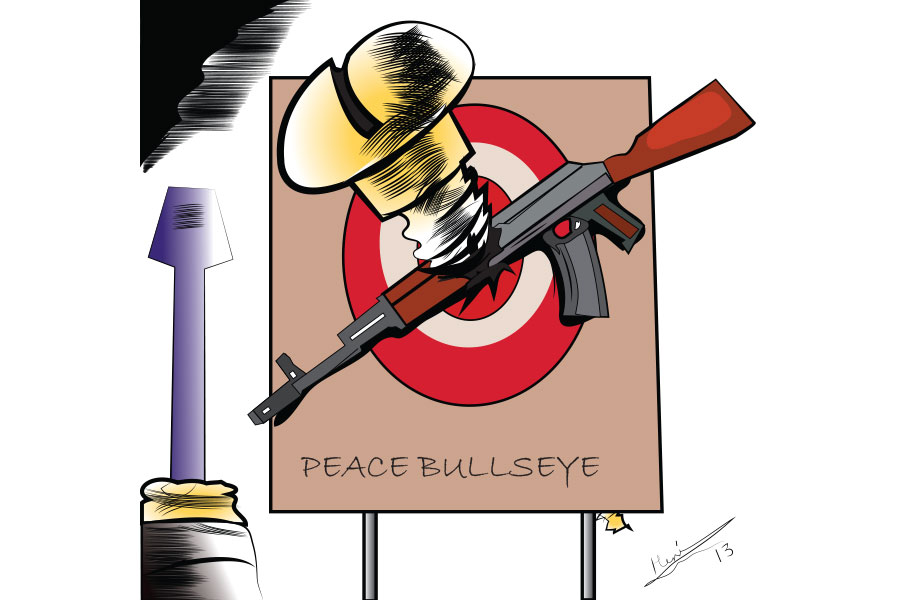
Editorial | Jul 03,2021
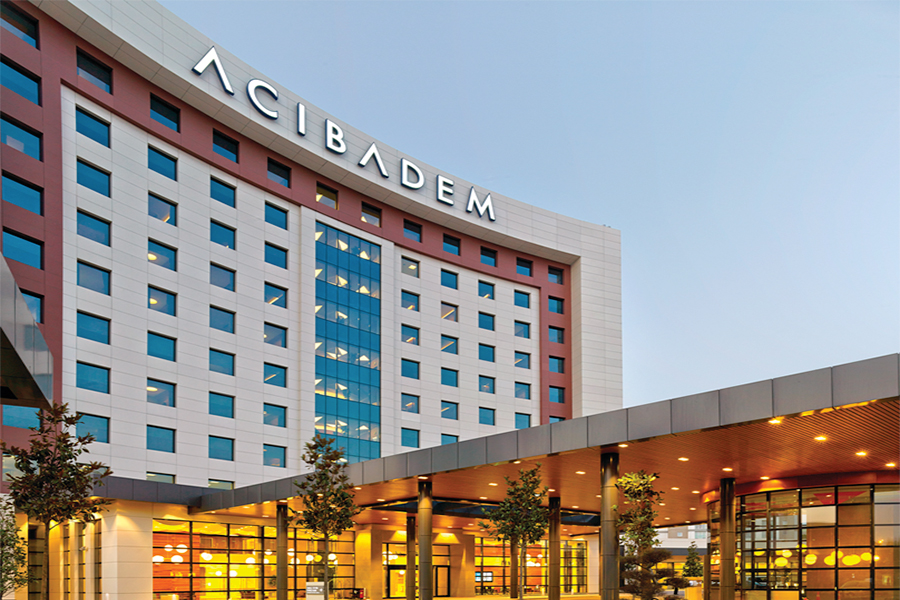
Advertorials | Jul 30,2025

Fortune News | Jul 18,2020
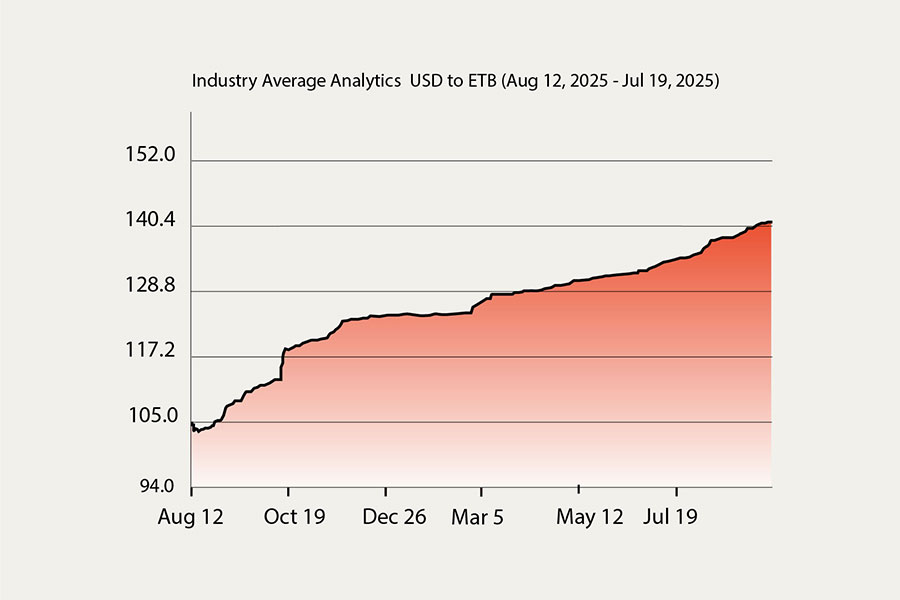
Money Market Watch | Sep 27,2025

Viewpoints | Aug 28,2021
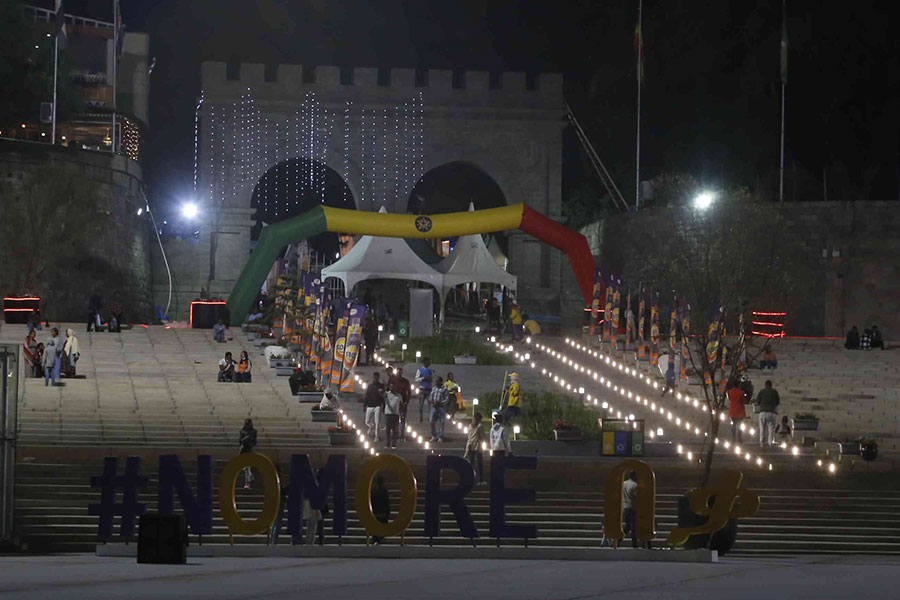
Fortune News | Oct 08,2022
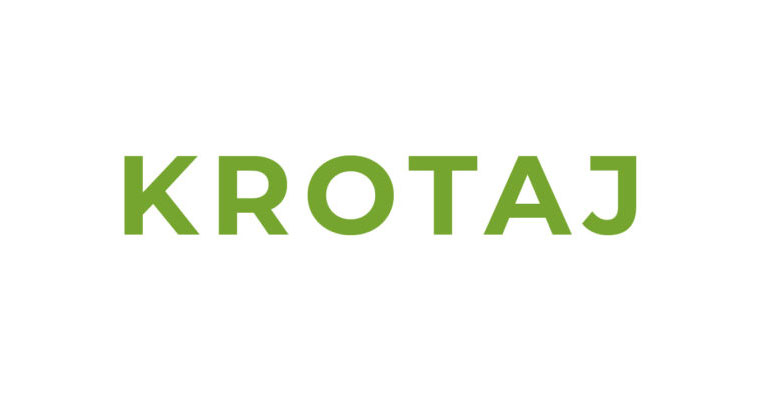
Fortune News | Feb 16,2019
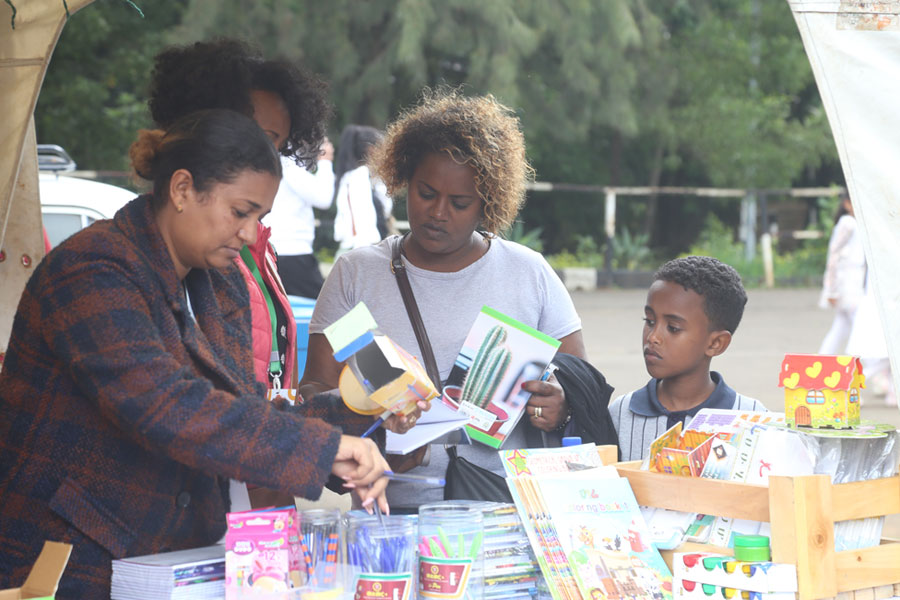
Fortune News | Sep 18,2022
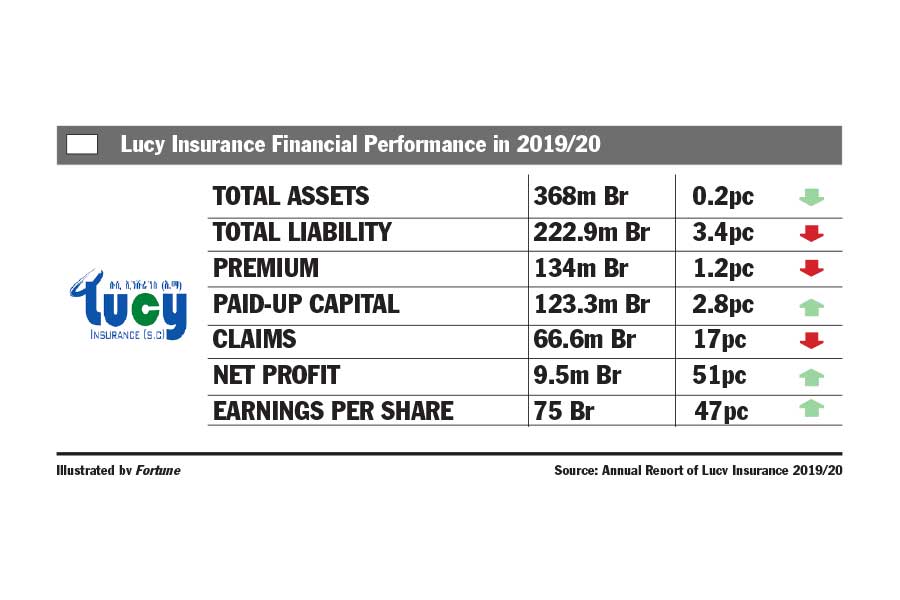
Fortune News | Feb 06,2021

Dec 22 , 2024 . By TIZITA SHEWAFERAW
Charged with transforming colossal state-owned enterprises into modern and competitiv...

Aug 18 , 2024 . By AKSAH ITALO
Although predictable Yonas Zerihun's job in the ride-hailing service is not immune to...

Jul 28 , 2024 . By TIZITA SHEWAFERAW
Unhabitual, perhaps too many, Samuel Gebreyohannes, 38, used to occasionally enjoy a couple of beers at breakfast. However, he recently swit...

Jul 13 , 2024 . By AKSAH ITALO
Investors who rely on tractors, trucks, and field vehicles for commuting, transporting commodities, and f...

Oct 11 , 2025
Ladislas Farago, a roving Associated Press (AP) correspondent, arrived in Ethiopia in...

Oct 4 , 2025
Eyob Tekalegn (PhD) had been in the Governor's chair for only weeks when, on Septembe...

Sep 27 , 2025
Four years into an experiment with “shock therapy” in education, the national moo...

Sep 20 , 2025
Getachew Reda's return to the national stage was always going to stir attention. Once...